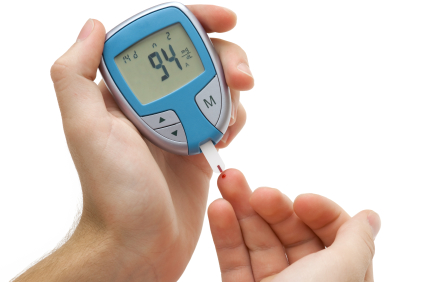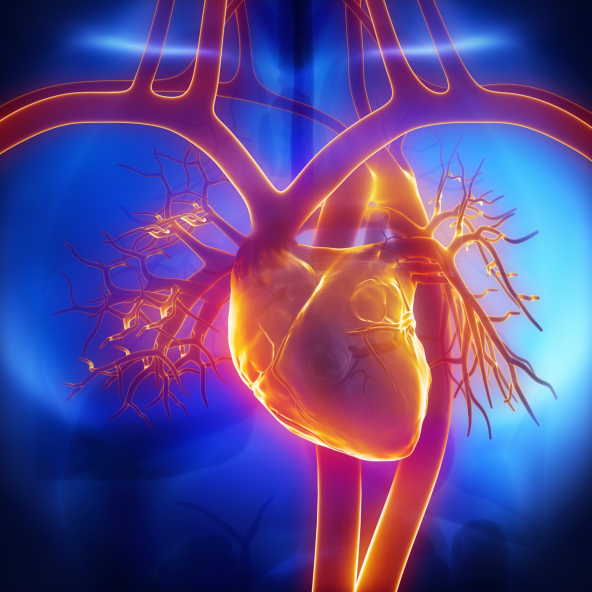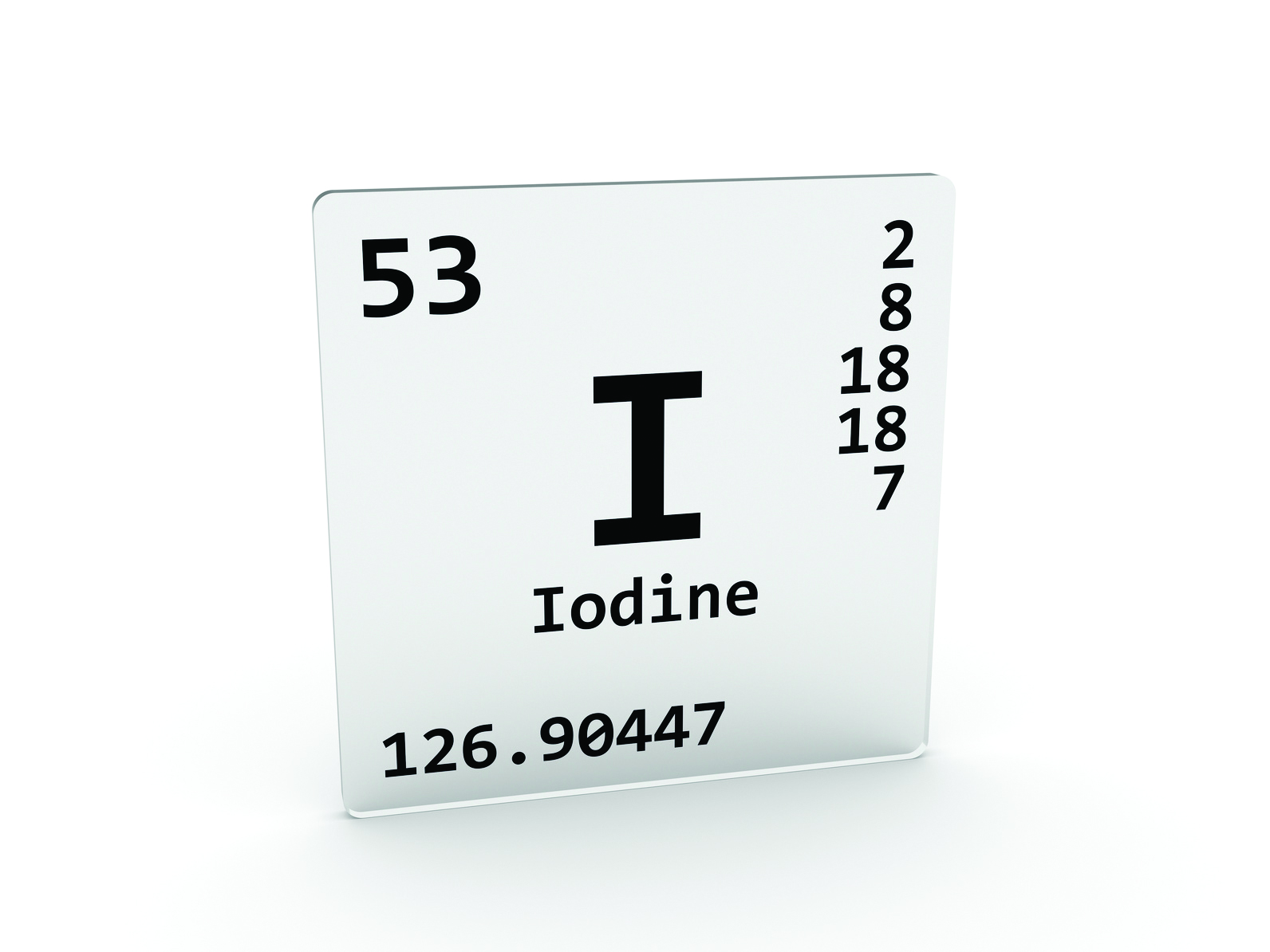Examining the Role of Growth Hormone as Related to Weight Loss
What is Growth Hormone?
Growth hormone (GH) is made by the pituitary gland and is controlled in the bloodstream by various other hormones, many of which are produced in other parts of the brain, the GI and the pancreas. GH levels increase after exercise, after trauma, and even while we sleep. Levels vary throughout the day, so testing GH isn’t very useful because the pattern can be random, except in the evening, when levels are typically elevated.
As its name implies, growth hormone contributes to bone and muscle growth by increasing protein production. In fact, growth hormone deficiency, a rare condition occurring









